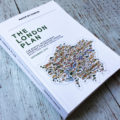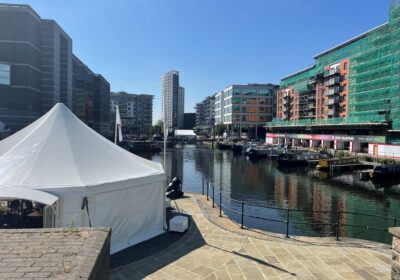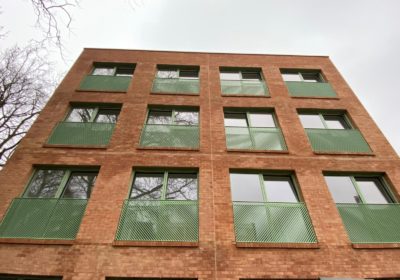New research undertaken by the London School of Economics commissioned by Pocket offers some interesting insights into the aspirations of young Londoners seeking to buy their first home. Almost half of the survey respondents of aspirant first-time buyers were sharers in a private rented house or flat, usually with two or three people. This is how young Londoners live, some respondents are sharing with more than five.
We all of course know London has an affordability problem. In the last 15 years, the nominal cost of buying an average home has risen by more than 600%.
London also has a success problem. Twenty years ago, people were choosing to leave the city to live in the suburbs freeing up space for newcomers to live. Whilst people are still choosing to leave, the pace has lessened whilst the migration of the young into London continues unabated.
The result is a 28% rise in people living in shared accommodation since 2001. Where are they going and what compromises are being made?
Approximately half of London’s dwellings are houses and bungalows. Many are now sliced and diced and have become shared living spaces. A lot of these houses are fine Victorian or Georgian terraces. As elegant as they are, they were not designed to accommodate sharers.
People trade privacy willingly for a toe hold in the capital. According to the LSE research, 60% of respondents say that their private space is too small, in many cases less than 10m2. Many can only fit two items of furniture in their room. Yet they stay.
The survey asked prospective first-time buyers whether they would stick with the Capital despite the cramped conditions many of them experience. Looking ahead, 57% will stay the course out and aim to remain within Inner London whilst 28% prefer to stay in the outer suburbs where the challenges around space are no less important.
London’s success both in terms of offering jobs and culture mean that people are willing to compromise. But, not forever – many are now planning their lives in five-year cycles. If the city cannot produce something by the end of the cycle, then they will give up.
Of course, not everyone should expect to own their home or even expect to rent a spacious flat. The problem at the moment though is that too many have no real opportunity and the compromises are becoming too great.
The insecurity of renting in flat shares, putting up with crowded conditions, means people will not be able to put down roots. These are the consequences of our collective failure to bring new purpose built supply into the housing market.







